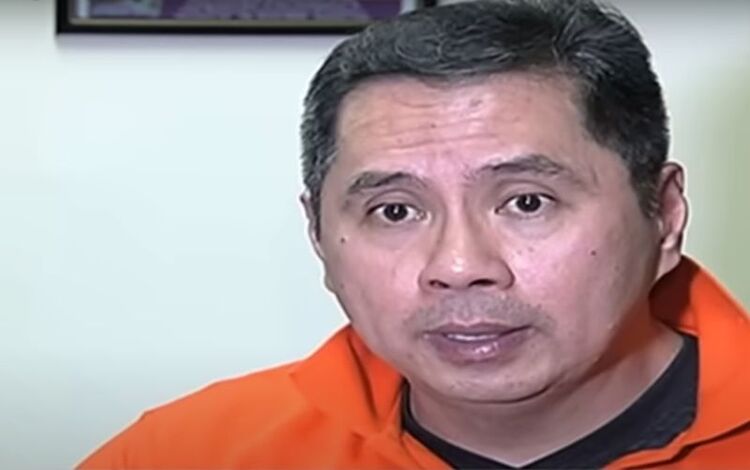Ferdinand Guerrero, one of the accused in the high-profile illegal detention case involving television host Vhong Navarro, has surrendered to the National Bureau of Investigation (NBI). This development follows the recent surrender of his co-accused Cedric Lee, Deniece Cornejo, and Simeon Raz after being found guilty of the charges against them.

Last week, the Taguig City Regional Trial Court handed down a verdict of reclusion perpetua, or 40 years in prison, to Guerrero, Lee, Cornejo, and Raz. The court found them guilty of serious illegal detention for ransom in connection with an incident that occurred in 2014.
The case dates back to January 22, 2014, when Navarro was allegedly detained by Lee’s group in Cornejo’s condominium unit in Bonifacio Global City, Taguig. According to Navarro, the group threatened to kill him if he did not pay them P2 million. Under duress, Navarro agreed to pay half of the amount.
The incident sparked a series of legal battles, with Cornejo accusing Navarro of drugging and raping her. However, Navarro contended that he was the victim of an orchestrated scheme involving threats with firearms and physical abuse by Cornejo’s party.
In a significant turn of events, the Court of Appeals in 2022 denied a motion filed by Lee to dismiss the serious illegal detention case. Furthermore, in 2023, the Supreme Court’s 3rd Division dismissed the rape and acts of lasciviousness charges brought by Cornejo against Navarro. This series of legal decisions underscored the gravity of the illegal detention charges and cleared Navarro of the counter-accusations made by Cornejo.
The surrender of Guerrero to the NBI marks the latest chapter in a saga that has captivated the public’s attention for years. The case has been a rollercoaster of accusations and counter-accusations, bringing to light issues of violence, extortion, and legal maneuvering in high-profile celebrity cases.
With all four individuals now in custody and facing lengthy prison sentences, the resolution of this case sends a strong message about the consequences of serious illegal detention and the judicial system’s role in upholding justice. As Navarro continues his career, the closure of this chapter may provide him some relief from a tumultuous period marked by intense public and media scrutiny.
Sumuko na sa National Bureau of Investigation si Ferdinand Guerrero, ang isa sa mga akusado sa illegal detention kay Vhong Navarro na isinampa laban kina Cedric Lee at Deniece Cornejo. | via John Consulta/GMA Integrated News pic.twitter.com/uWoMuwDGDu
— GMA Integrated News (@gmanews) May 16, 2024
The case remains a poignant reminder of the complexities involved in legal disputes involving public figures and the enduring impact such cases can have on their lives and careers.
